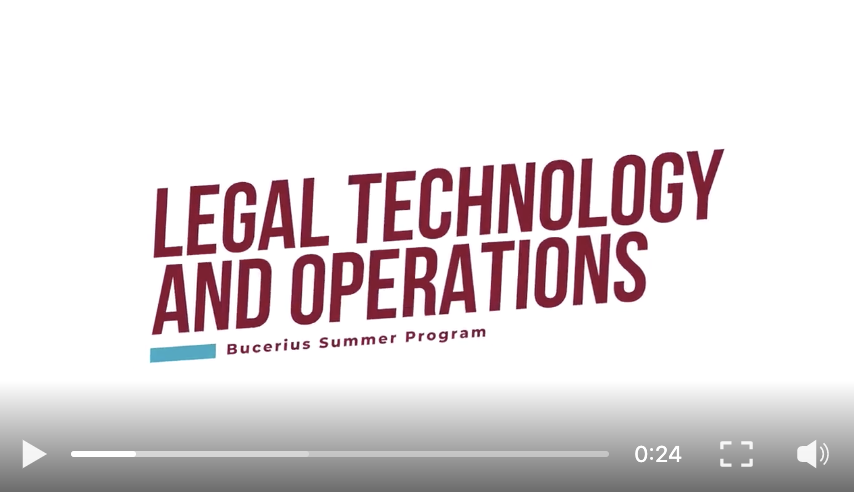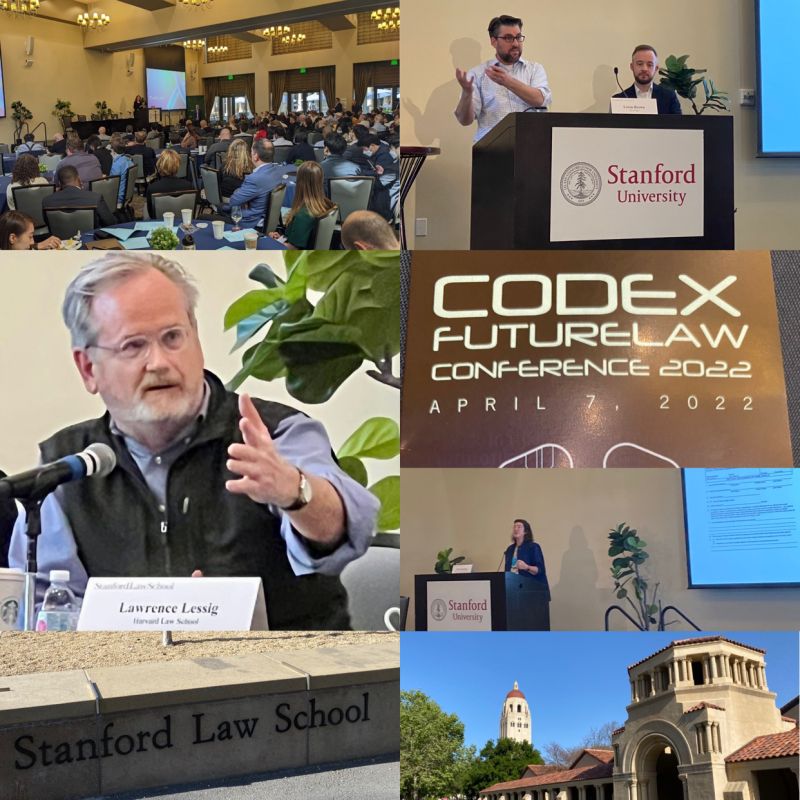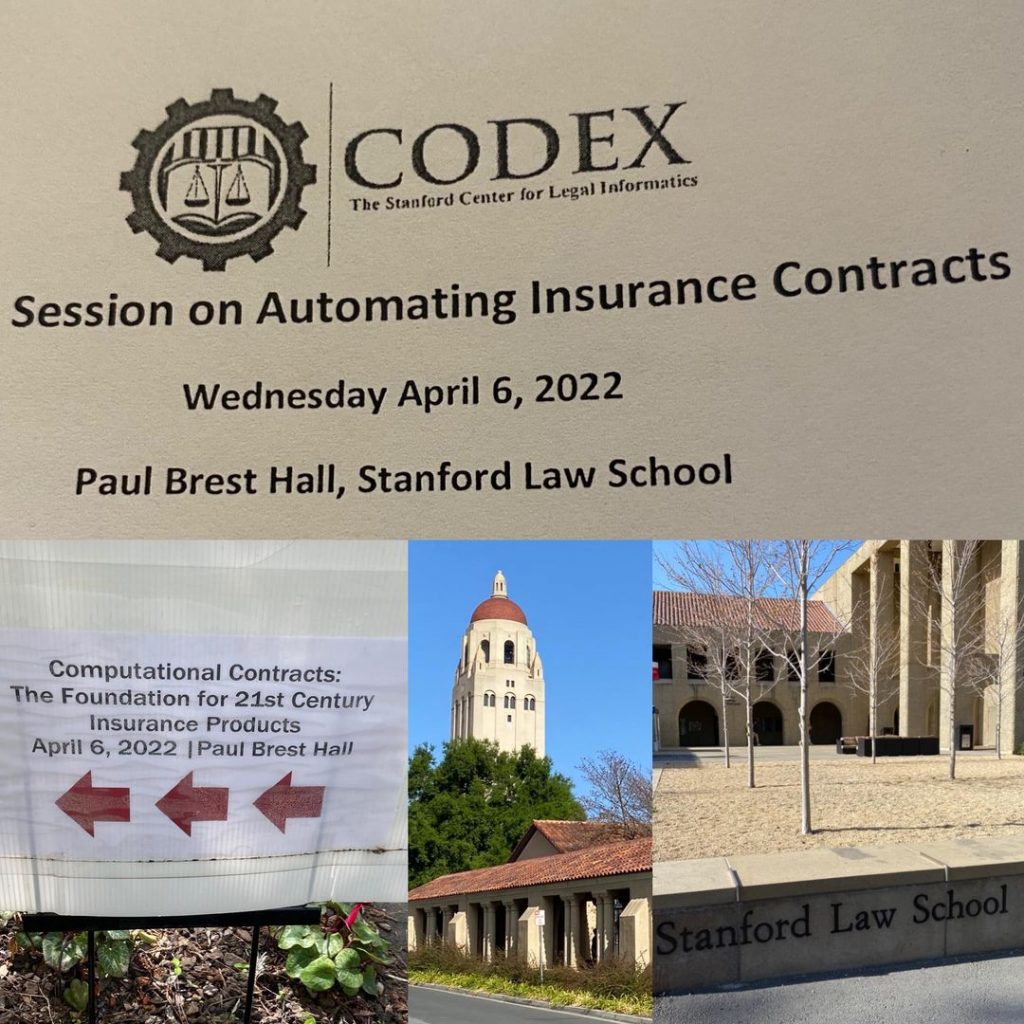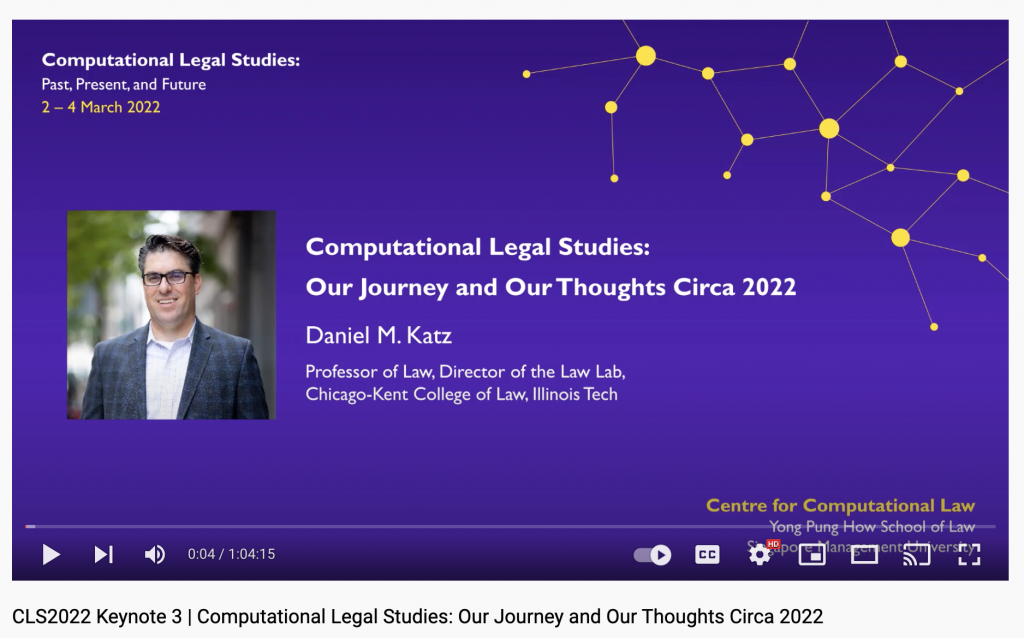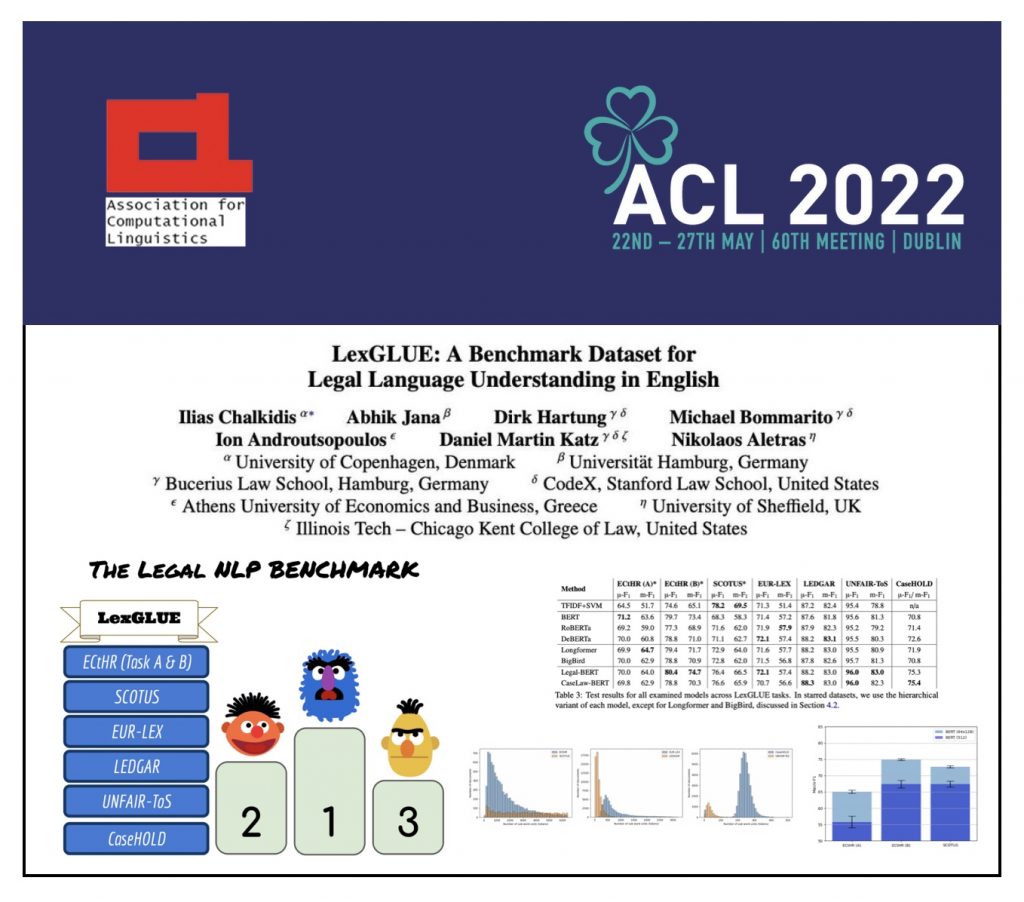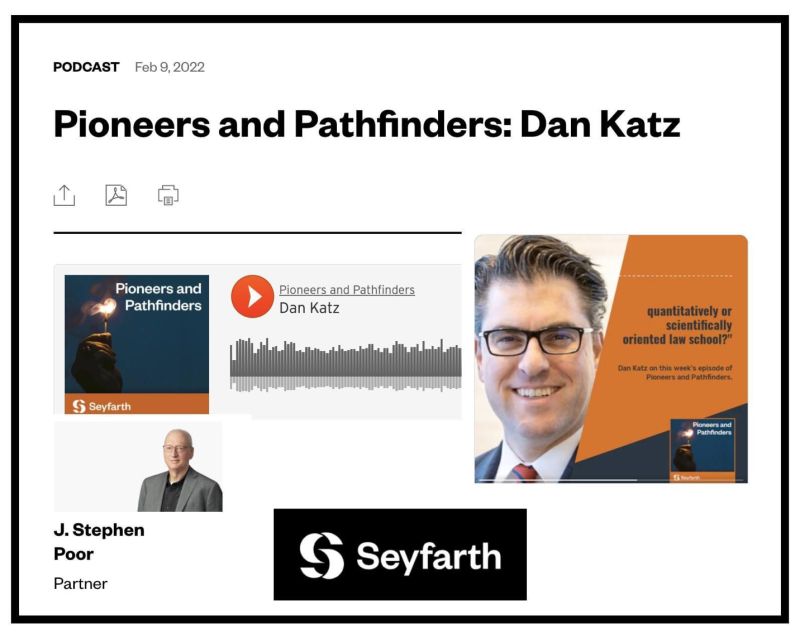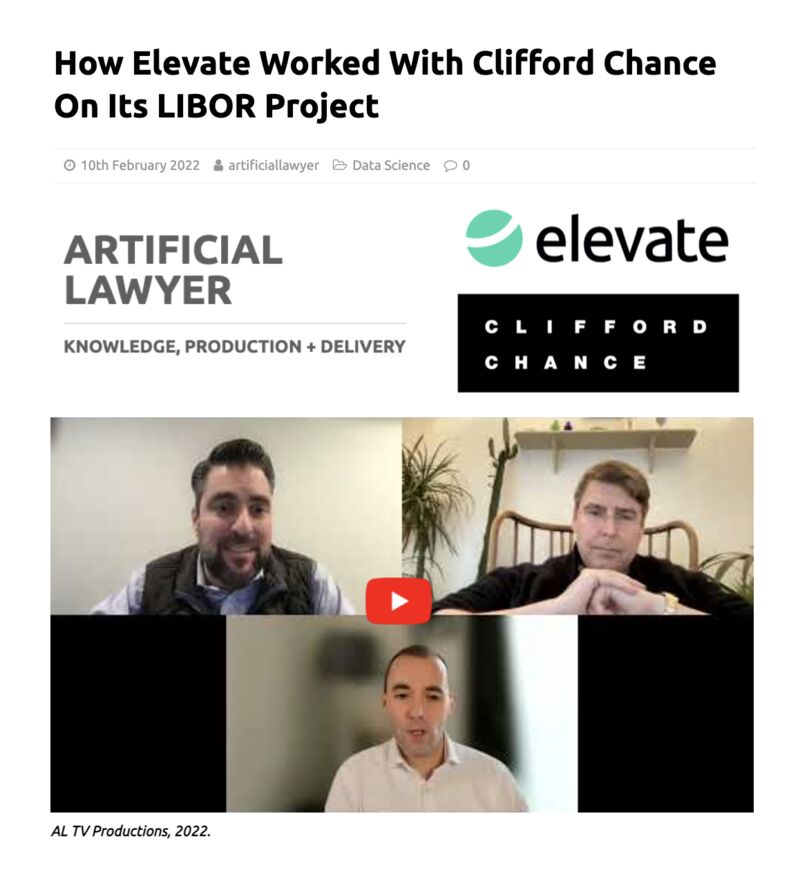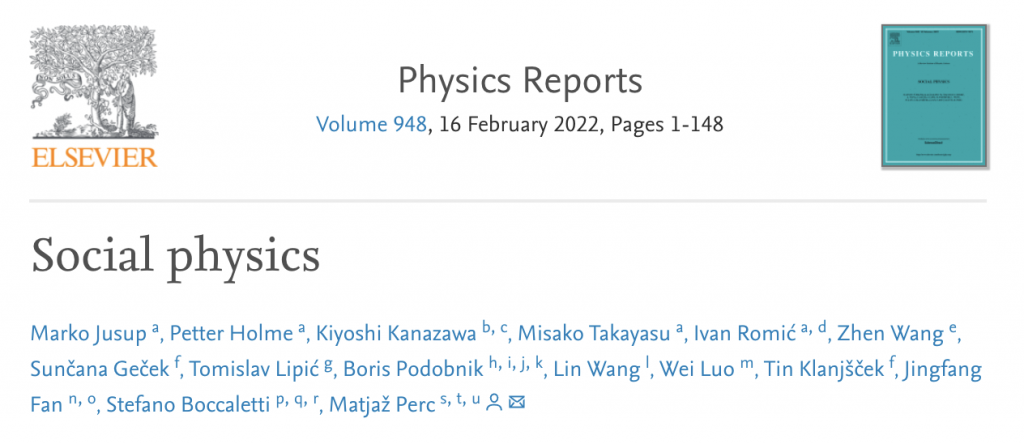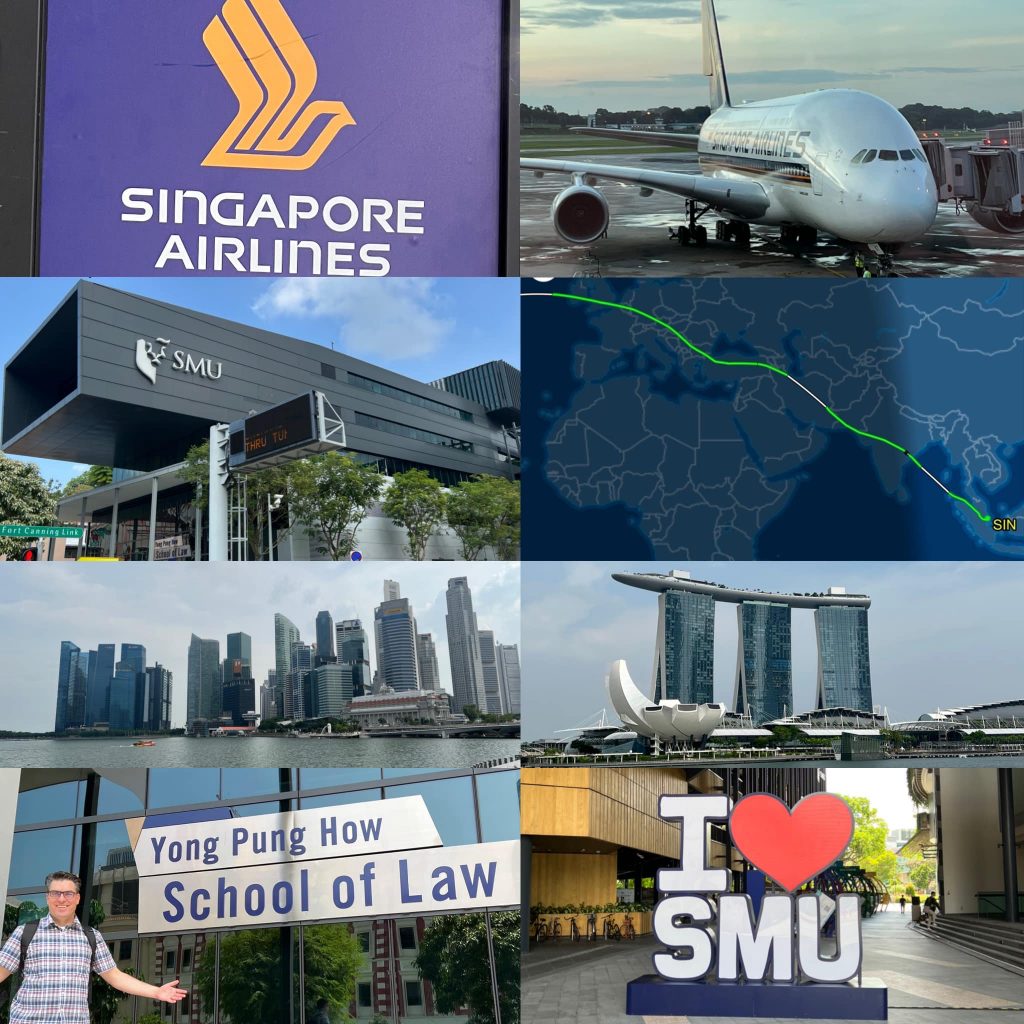
It took 2+ years but I finally made it to Singapore for my official visit as the Jones Day Visiting Professor of Law at Singapore Management University! It has been an amazing first full week here. Thanks to everyone at SMU for hosting me and welcoming me — Yihan Goh, Jerrold Soh, How Khang Lim, Wei Zhang, Alvin See, Maartje de Visser, Man Yip, Meng Weng Wong and many others !

